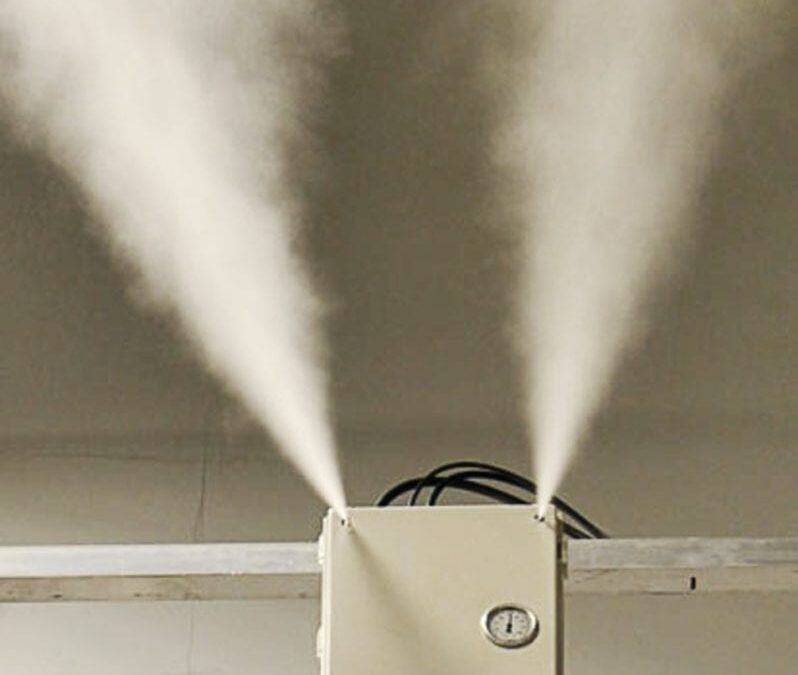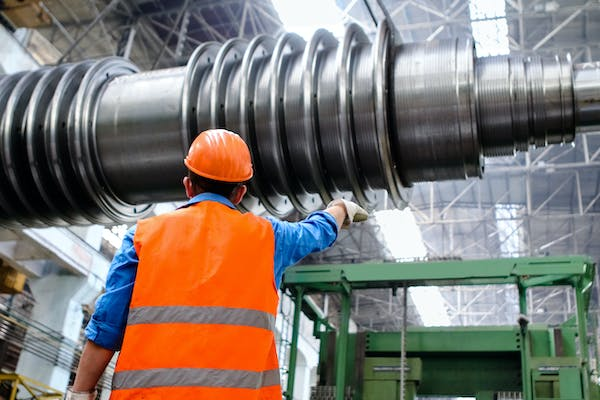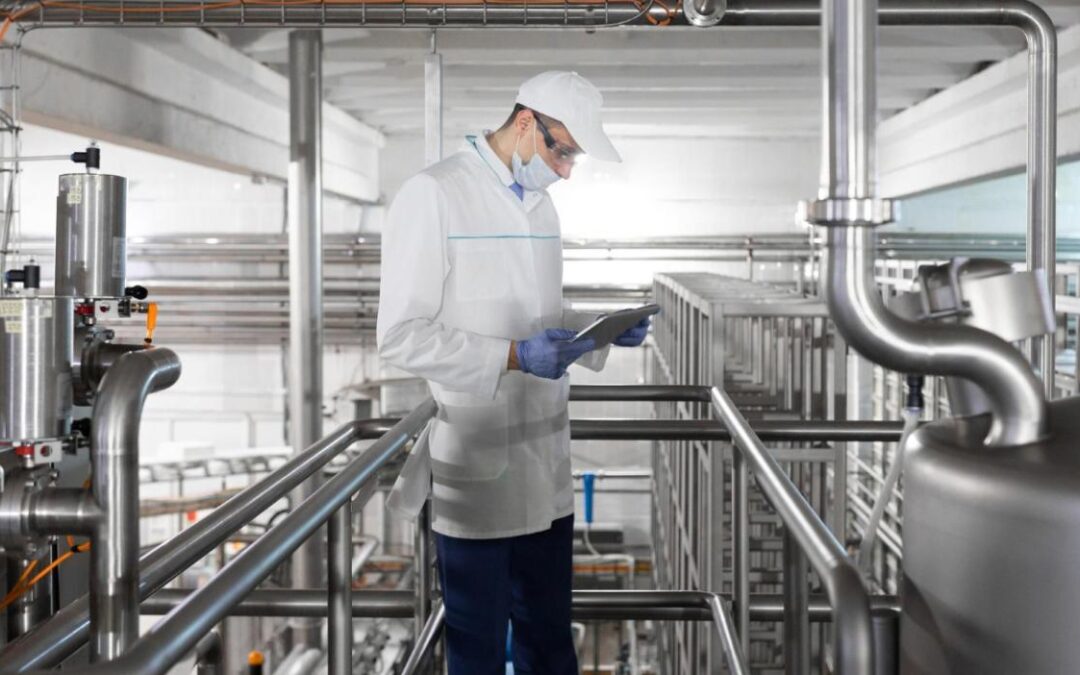When people think of wineries, they often imagine small, family-owned operations that still employ ancient techniques. And while that is still true for some companies, winemaking has advanced over time along with other industries. Even though the basic process hasn’t changed in a few thousand years, the need to eliminate waste and improve efficiency is just as important for wineries as for any other production company. To stay in business, you must be able to increase profit margins.
One way that wineries have moved into the twenty-first century relates to the way aging is accomplished. Without access to cavernous underground cellars, above-ground facilities need to control both the temperature and the humidity of the environment.
Industrial humidifiers have changed the production dynamic for winemakers. In fact, new technology can mean the difference between nearly 14 percent evaporation over a two-year period or practically zero. The right humidification system provides measurable benefits for wineries. The following three areas see the largest improvements.
Reduces Evaporation Rates
The barrels used to store wine during the aging process are constructed of organic materials, specifically wood. While the type of wood used to age the wine influences the flavor and bouquet, because it is a carbon-based container, the surrounding atmosphere will cause it to either expand or contract. This happens because the wood itself absorbs and adjusts to the amount of moisture in the air.
When the air has too little relative humidity, dry casks allow the wine to evaporate. The problem is so prevalent that “topping off” is the term used to replace wine that has vaporized. Evaporation reduces the alcohol content of the wine too.
European wine production is typically performed in underground cellars. This helps maintain a constant humidity of approximately 60 percent. Newer facilities rely on industrial humidifiers to reduce evaporation rates. A 70-95 percent relative humidity level significantly cuts vaporization, reducing the need to top off barrels. This lowers the cost of production and also reduces the chance of accidentally mixing batches.
Helps Maintain Temperatures—Lowers Energy Consumption
Industrial humidifiers do more than control the moisture content in the air, they also help relegate indoor temperatures. Maintaining an even climate is essential for wine production, meaning that large heating and cooling units are required.
However, wineries can lower their energy use with a technologically advanced humidification system. Relative humidity levels help regulate temperatures. The subsequent result means that your HVAC units draw and use less energy. Operating costs are reduced and your asset lifespan is increased. You pay for fewer maintenance trips and see improved performance through steadier temperature control.
Eliminates Contamination
In very damp surroundings, wine barrels can support mold growth. Their organic construction, heavy humidity, and dark areas make the perfect breeding ground for mold spores and other airborne bacteria. Older model humidifiers generate wet fog that can settle on surfaces inside the facility.
New technologies have established a true “dry fog.” This means that you gain 100 percent evaporation from a droplet that is 4.2 microns in size. Water particles cannot adhere to the wine barrels. Moreover, intelligent sensors and new distribution techniques ensure that humidity levels remain constant. Mold and other contaminates won’t have a chance to impact production.
Wineries still follow the same essential production techniques that have been used for centuries. However, it’s not cost-effective to construct new underground facilities, so many companies employ climate-controlled buildings for aging wine. Problems occur when humidity levels fluctuate.
Industrial humidifiers create money saving solutions for modern wineries. By increasing and maintaining specific moisture content in the air, less topping off is required, energy usage is reduced, and contaminants like mold are eliminated. You’ll see the difference an advanced humidifier can make for improving your bottom line.





